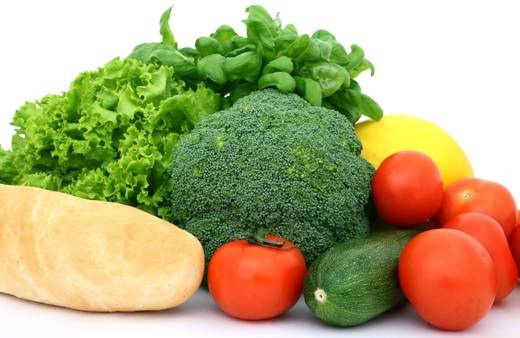
What is Ketogenic Nutrition?
A ketogenic diet is understood to mean a very low-carbohydrate, but high-fat diet, which results in a change in the energy metabolism in the body. In the classic ketogenic diet, a maximum of four percent carbohydrates or about 20 grams per day are allowed. By comparison, it is usually recommended for adults to use carbohydrates to cover about 50 percent of their total daily energy needs. Furthermore, the ketogenic diet allows about six to eight percent protein and just under 90 percent fat.
Pasta, bread, rice, potatoes, and sugar are taboo. For this fat fish, meat, sausage, eggs and low-carbohydrate vegetables such as zucchini, cucumber, and broccoli are served on the plate. Because of the high fructose content, fruit is very rare and in small quantities on the menu for keto reviews.
How does the Body Reacts if it does not get Carbohydrates?
From carbohydrates, our metabolism can gain the fastest energy for the cells. “Sugar is the fuel for our bodies,” says Professor Johannes Wechsler, President of the Federal Association of German Nutritionists. The brain, in particular, relies on sugar: about 140 grams of glucose consume brain cells every day.
Carbohydrates are reduced to a minimum in the ketogenic diet. The result is that after a few days, the body’s glycogen stores in the muscles and the liver are usually used up. To be able to continue supplying energy to the cells, the metabolism has to change: the liver increasingly begins to split fats into ketone bodies. These are transmitted as an energy source to the brain, muscles and other organs. Ketosis experts call this metabolic state.
How do you Recognize that the Body is in Ketosis?
Whether the body is in ketosis, can be measured in the blood and urine. In the pharmacy, there are Ketonteststreifen, with which one can control the ketone body concentration in the urine. Noticeable is the lack of carbohydrates due to difficulty concentrating, fatigue, bad breath, and constipation. “The one-sided diet brings the body in a hunger metabolism and thus in a state of emergency,” said nutritionist Wechsler.
“This causes the body to over acidulate and accumulate toxins.” And one smells this: If the body is in ketosis, the breath smells of acetone because the toxins are also exhaled. The kidneys are also heavily burdened by the diet. “Kidney damage, kidney stones, and high cholesterol levels can be the result,” warns the doctor.

Why do some Professionals Recommend a Diet Change in Cancer?
Cancer cells are known to consume more sugar than healthy cells. So it sounds plausible to try to avoid sugar in your diet – but it’s not that easy. There are no scientific studies that demonstrate the relationship between low-sugar diet and tumor growth,” said the head of the Nutrition Epidemiology Group.
What can a Ketogenic Diet do – and what not?
It is used under the supervision of doctors and dieticians in a few diseases. There are rare, inherited metabolic diseases where this extreme diet is necessary to survive. Also in childhood epilepsy, the metabolic rate in the body can reduce the frequency of seizures.
However, the diet is only indicated if medications do not affect children. As part of her scientific work, the nutritional expert has been working intensively on the ketogenic diet in relation to cancer and has come to the conclusion: “In the case of cancer, I strongly advise against a low carbohydrate or even ketogenic diet But this is not true – tumor cells are very adaptable and can also feed on protein and fat. “…







 Without vitamins, a diet is almost useless.
Without vitamins, a diet is almost useless.